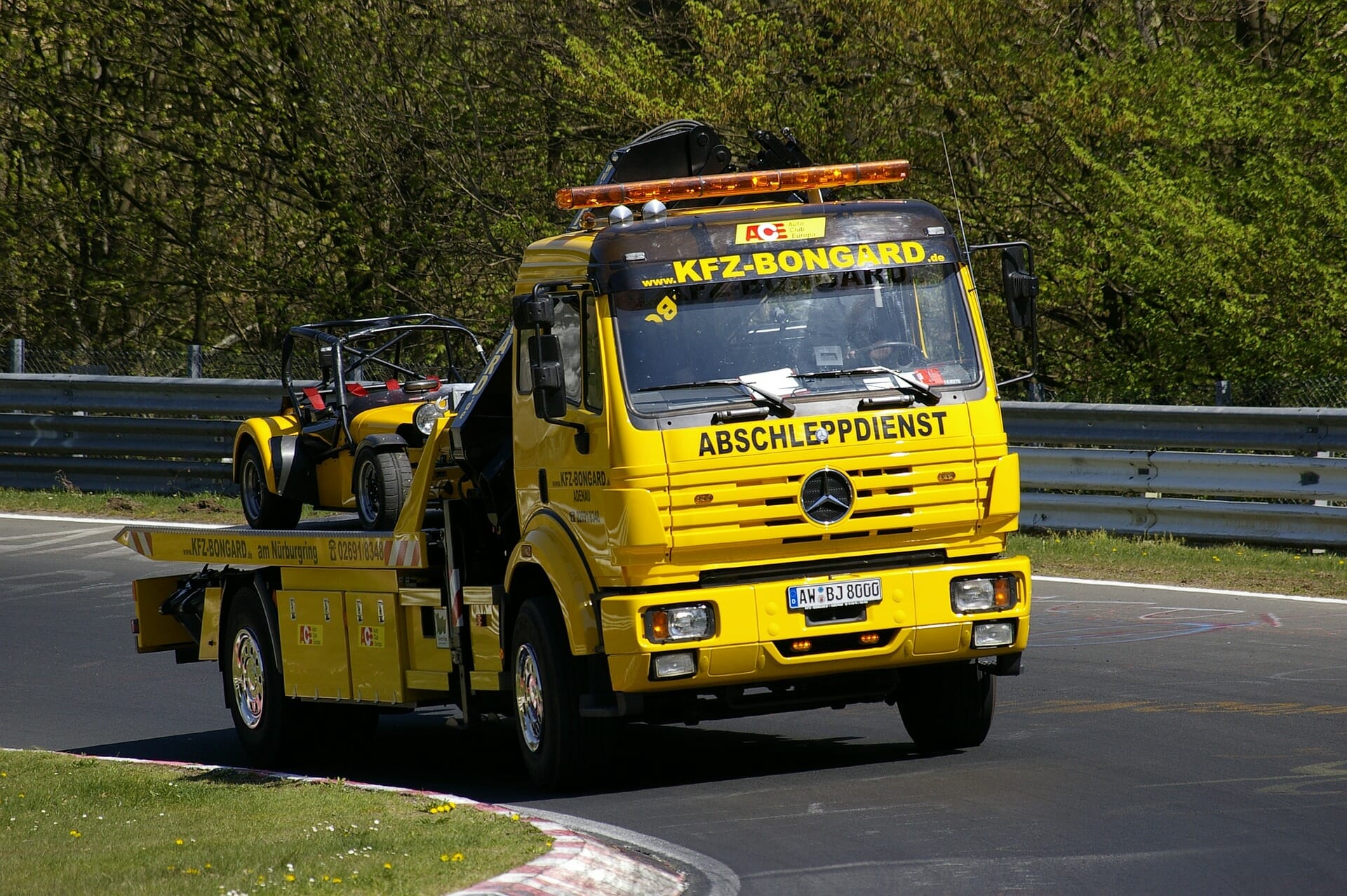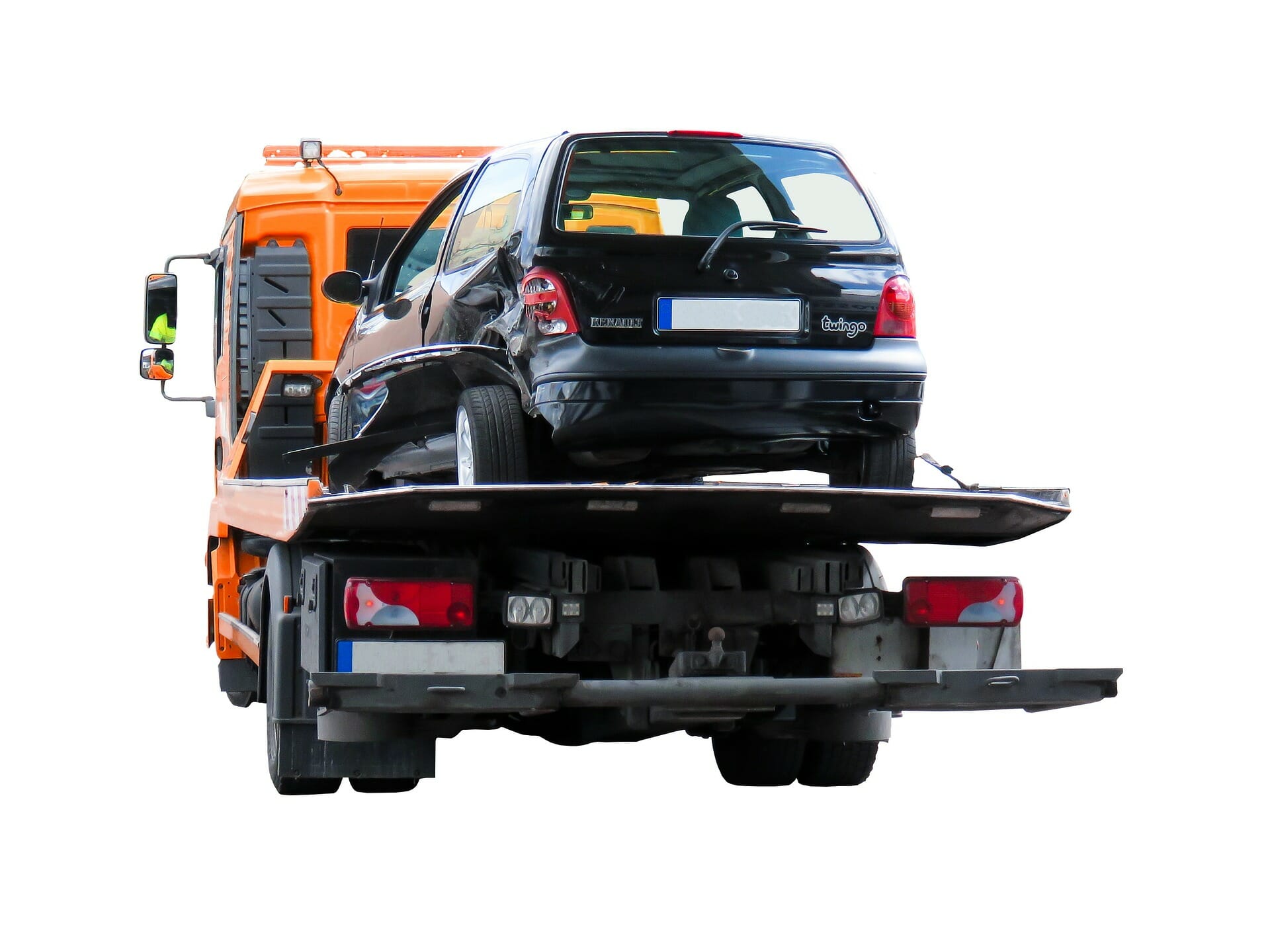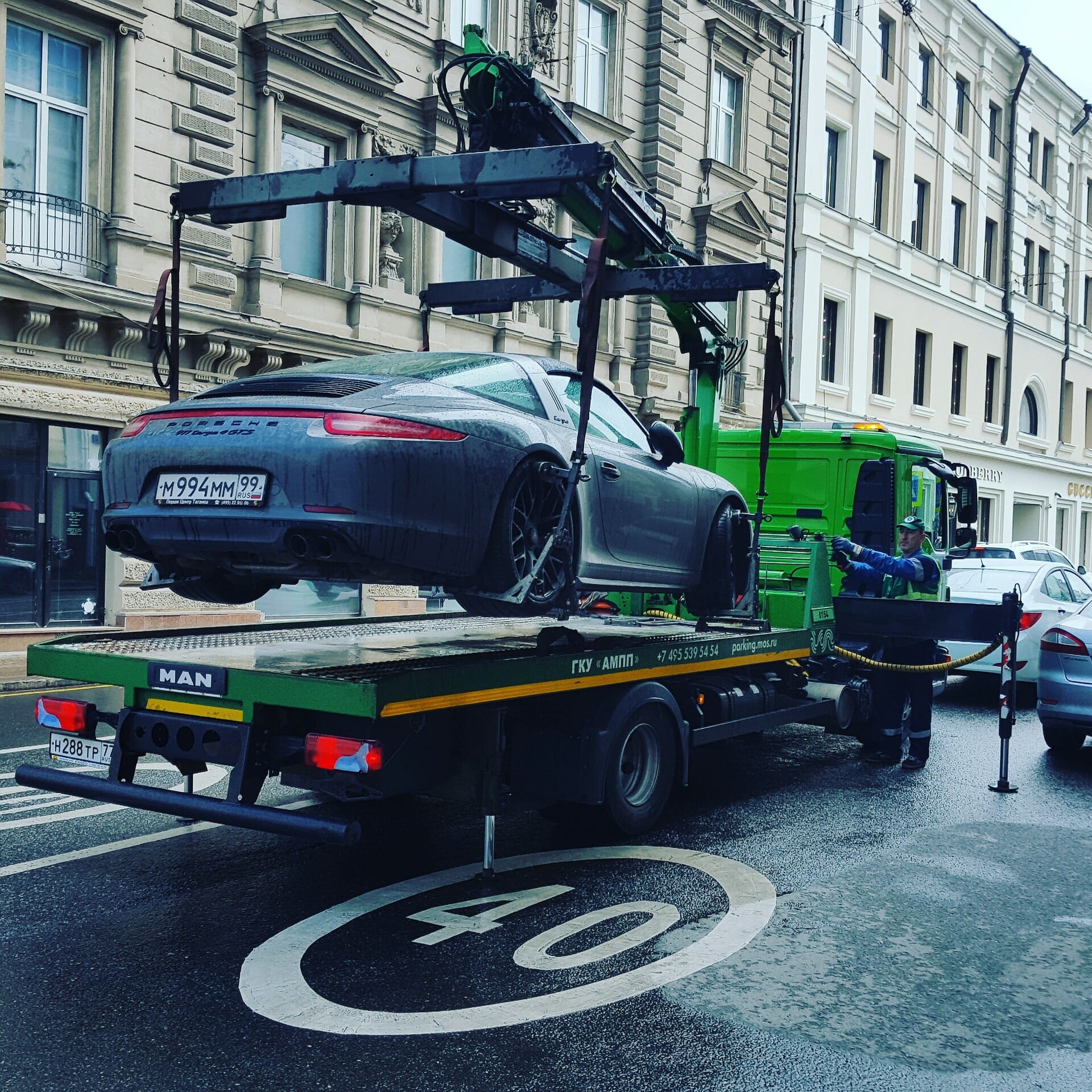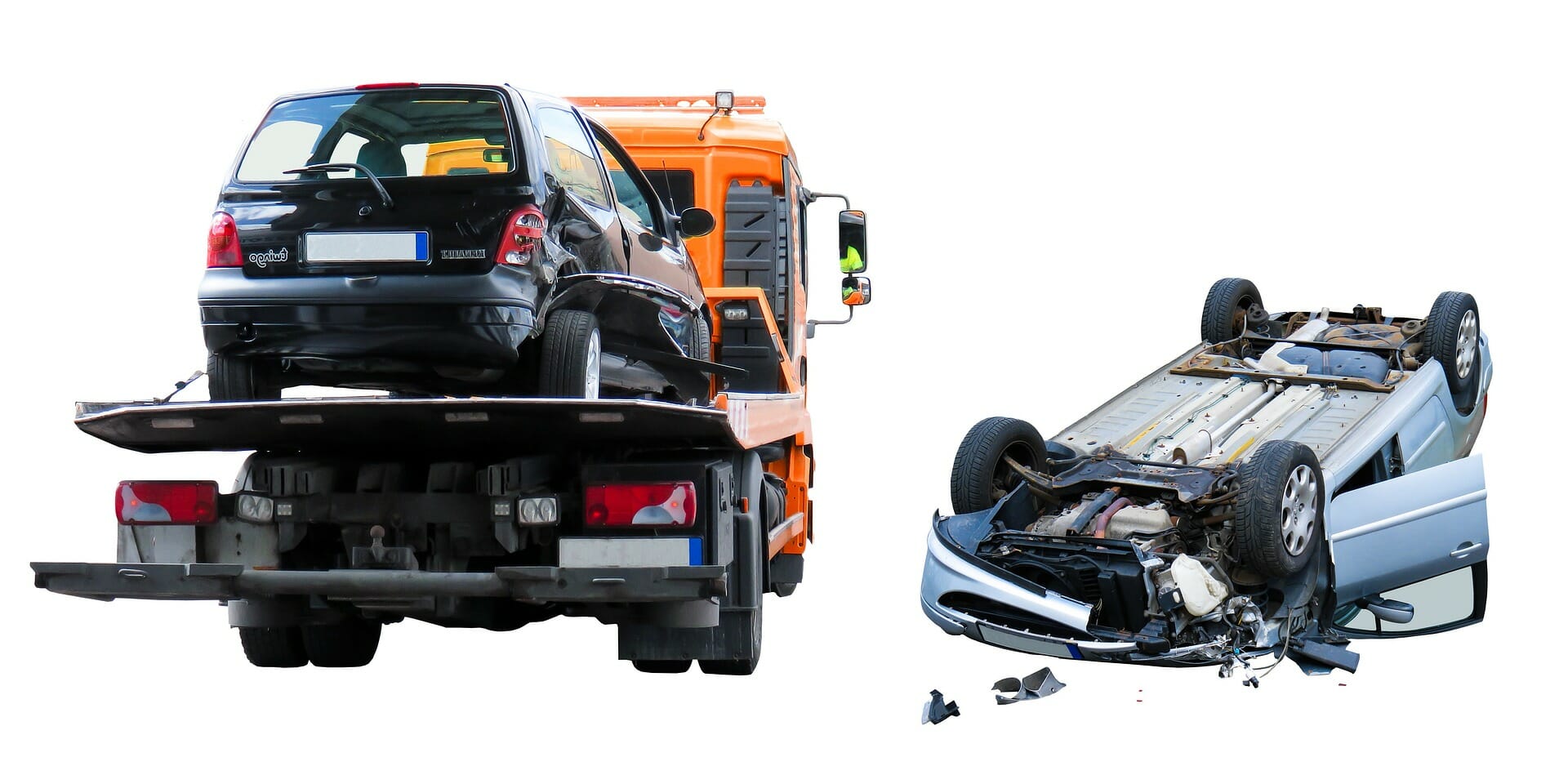Last Updated on January 7, 2023 by Mosabbir
Did you know that there is a speed limit for towing a caravan? Believe it or not, when towing a caravan, you are not allowed to go over a certain speed on the highway.
There are a few reasons for this–one being that it can be dangerous and two being that it can damage your caravan. Keep reading to learn more about the speed limit for towing caravans and what it means for you.
What Is The Speed Limit For Towing A Caravan?
The speed limit for towing a caravan or trailer depends on the type of vehicle you are using, as well as the roads you are travelling on. The maximum speed limit for towing a caravan is 60 mph.
However, there are some exceptions to these general rules. For example, if you are towing a caravan on a freeway, the maximum speed limit is 110 km/h.
If you are towing a trailer on a freeway, the maximum speed limit is 120 km/h. It is important to note that these speed limits only apply to freeways and highways – if you are driving on other types of roads, the speed limits may be different.
For example, the speed limit on a gravel road is usually 60 km/h. When driving with a caravan or trailer, it is important to take extra care and allow for increased braking distances.
Always check your mirrors and signal well before any manoeuvre, and be sure to obey the posted speed limits at all times.

How Can You Stay Safe When Towing A Caravan?
When towing a caravan, safety should be your number one priority. Here are some tips to help you stay safe on the road:
- Make sure your vehicle is in good condition before setting off. This includes checking the tires, brakes and lights.
- Don’t overload your caravan. Stick to the maximum weight limit and distribute the load evenly.
- Take regular breaks on long journeys. This will help you stay alert and avoid fatigue.
- In bad weather, take extra care when driving. Slow down and allow for greater stopping distances.
- Be aware of other road users, including cyclists and motorcyclists.
- If you break down, pull over to the side of the road and put on your hazard lights. Do not attempt to fix the problem yourself – call for assistance instead.
By following these simple tips, you can help to ensure a safe journey for yourself and your passengers.

What Are The Penalties For Breaking The Speed Limit While Towing A Caravan?
Depending on the country, the penalties for breaking the speed limit while towing a caravan can vary widely. In some countries, such as Australia, there is no specific penalty for speeding while towing a caravan.
However, in other countries, such as the United Kingdom, the penalties can be quite severe. The maximum fine for speeding while towing a caravan in the UK is £100, and drivers who are caught speeding more than once can have their license revoked.
In addition, drivers who break the speed limit while towing a caravan can also be liable for any damages that they cause. As a result, it is important to be aware of the penalties that apply in your country before setting out on a journey.
Read More: Caravan Security Tips- How to Prevent Your Caravan From Being Stolen
What Can You Do If You’re Pulled Over By Police While Towing A Caravan?
If you’re pulled over by the police while towing a caravan, there are a few things you can do to ensure the situation goes smoothly.
- Be sure to have all of your paperwork in order. This includes your driver’s license, registration, and proof of insurance. You should also have the registration for the caravan. If you have any questions about what paperwork you need, be sure to ask the police officer when they approach your vehicle.
- Be prepared to answer any questions the officer may have. They may ask why you were stopped, or if you know why you were pulled over. Be honest and concise in your answers.
- Follow any instructions the officer gives you. If they ask you to step out of the car, or tow the caravan to a nearby location, be sure to do so. By following these simple tips, you can help to ensure that being pulled over by police while towing a caravan is a hassle-free experience.

Can You Tow A Caravan Behind A Motorbike?
While it may seem like a good idea to tow a caravan behind a motorbike or bicycle, there are a few things to consider before doing so. For starters, the weight of the caravan will put extra strain on the bike, which might cause damage.
The caravan will affect the handling of the bike, making it more difficult to control. And finally, if the bike does not have enough power to tow the caravan up hills, then it will be very difficult to get anywhere.
So while it is possible to tow a caravan behind a motorbike or bicycle, it is not always practical or safe.
What Are The Benefits Of Towing A Caravan Within The Speed Limit?
When towing a caravan, it is important to stick to the speed limit in order to avoid any accidents. There are several benefits of adhering to the speed limit, including increased safety, reduced wear and tear on the caravan, and improved fuel efficiency.
Driving at a slower speed means that there is less chance of an accident occurring. This is due to the increased reaction time that you will have if something unexpected happens on the road.
Driving within the speed limit reduces wear and tear on the caravan as well as improves its fuel efficiency. When towing a caravan, it is important to keep these factors in mind in order to have a safe and enjoyable journey.
Conclusion
Towing a caravan can be a great way to enjoy a holiday, but it is important to be aware of the potential risks involved. The speed limit for towing a caravan in the UK is 60 mph.
This may seem like a slow speed, but it is necessary to ensure the safety of everyone on the road.
If you are driving a large caravan, make sure that you are aware of the limits and drive safely.
By adhering to the speed limit, having all the paperwork in order, and being prepared for any questions that the police may ask, you can help to ensure that your experience is as smooth as possible.
